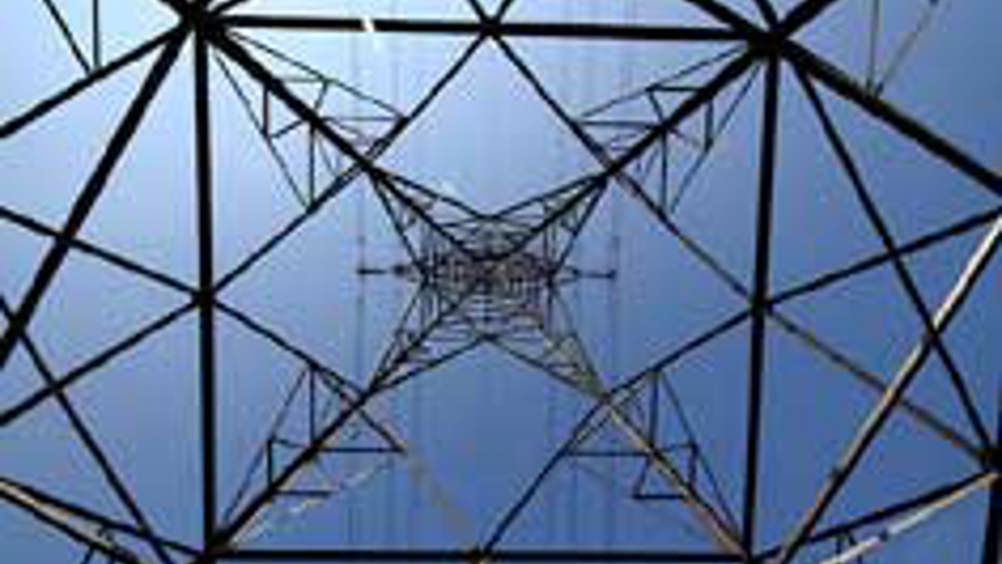DECC plans roll-out of smart meters across Britain
The Department of Energy and Climate Change (DECC) has set out the strategy and timetable for the installation of 53 million smart meters in 30 million homes and businesses across Britain.

‘Smart meters will enable us to modernise the electricity system over the coming years and create the smart grids we will need to bring new low-carbon energy sources online and handle much higher demand for electricity as we progressively electrify transport and heating,’ said energy minister Charles Hendry.
According to the DECC, the roll-out of smart meters will take place in two phases. During the foundation stage, beginning now, the government will work with industry, consumer groups and other stakeholders to ensure all the necessary groundwork is done for the second stage — the mass roll-out.
The government expects the mass roll-out to start in early 2014 and be complete by 2019.
Smart meters are expected to give consumers real-time information on their energy consumption; give suppliers accurate data for billing; and provide energy networks with better information with which to manage and plan current activities, as well as the move towards smart grids to support sustainable energy supplies.
Register now to continue reading
Thanks for visiting The Engineer. You’ve now reached your monthly limit of news stories. Register for free to unlock unlimited access to all of our news coverage, as well as premium content including opinion, in-depth features and special reports.
Benefits of registering
-
In-depth insights and coverage of key emerging trends
-
Unrestricted access to special reports throughout the year
-
Daily technology news delivered straight to your inbox










Water Sector Talent Exodus Could Cripple The Sector
Maybe if things are essential for the running of a country and we want to pay a fair price we should be running these utilities on a not for profit...